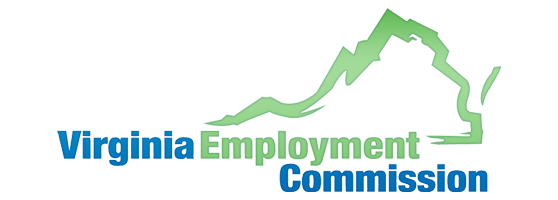Overview
- During the 2021 legislative session the General Assembly amended Virginia’s unemployment compensation law to permit the VEC to waive the requirement that an overpayment be repaid if certain conditions were met. Those conditions are (i) the overpayment was made without fault on the part of the individual and (ii) requiring repayment would be contrary to equity and good conscience. Sections 60.2-619 and 60.2-633, of the Code of Virginia.
What is without fault?
- A payment was made “without fault” as long as the individual truthfully and accurately reported all material information requested by the Commission. If any of that information was false, inaccurate, incomplete, or misleading, the payment would not be “without fault”. If someone reported the reason for their unemployment was “lack of work” when, in fact, the individual quit, that is a false statement and would preclude the VEC from finding the payment was without fault. Similarly, if someone had earnings during a week and did not report them in connection with their weekly certification, that would also bar a finding that the payment was without fault.
- The General Assembly specified that certain things would be “without fault” and some things that would not. Those things that the law requires be deemed without fault are: (i) result from administrative error, (ii) are the result of inducement, solicitation, or coercion on the part of the employer, or (iii) result from the employer’s failure to respond timely or adequately to the Commission’s request for information. Section 60.2-633(1) of the Code of Virginia.
- The things that would NOT be considered “without fault” are: if such payment was the result of (a) a reversal in the appeals process, unless the employer failed to respond timely or adequately to the Commission’s request for information regarding the individual’s separation from employment, (b) a programming, technological, or automated system error not directly associated with an individual claim that results in erroneous payments to a group of individuals, or (c) fraud. Section 60.2-633(1) of the Code of Virginia.
What is “contrary to equity and good conscience?”
- The General Assembly provided the following definition “it shall be contrary to equity and good conscience if requiring repayment of an overpayment would deprive the individual of the income required to provide for basic necessities, including shelter, food, medicine, child care, or any other essential living expenses.” The VEC is required by both federal and state law to look at the relevant, material facts surrounding each individual situation in deciding if waiving the requirement to repay an overpayment would be proper. Section 60.2-633(2) of the Code of Virginia.
How can I obtain a waiver of my overpayment?
- Individuals who have been overpaid for weeks claimed commencing March 15, 2020 through the week commencing June 27, 2021, will receive a written notification from the VEC. This notice will contain all the necessary information; however, the law requires that the request for a waiver be made within 30 days from the date the notice was mailed, so it is very important to respond promptly.
What if I miss the 30 day deadline?
- The law provides that the Commission may extend the 30-day period for “good cause shown.” This means that factors or circumstances beyond your control prevented you from making a request for waiver within the 30-day period.
What if I am overpaid in the future?
- Overpayments established July 1, 2021 through July 1, 2022 may also be waived. The Commission’s authority to waive the repayment of overpayments expires on July 1, 2022 unless the law is changed.
- When the determination of overpayment is made, a notice will accompany it that explains how to request a waiver and what information should be provided.
If my waiver request is denied, can I appeal it?
- Yes. Just like any other determination or decision issued by the Commission, there is a 30-day period for filing an appeal. Instructions will appear on each determination or decision that explains your appeal rights and the procedure for filing an appeal.

